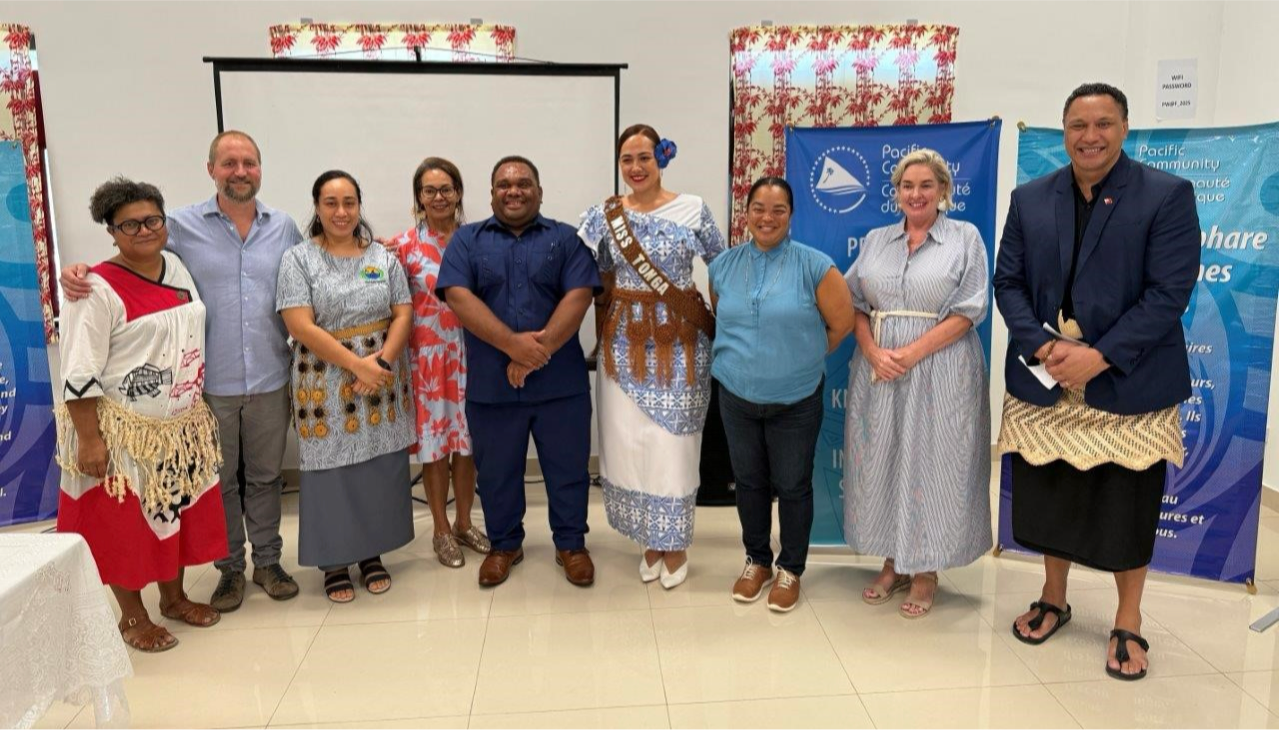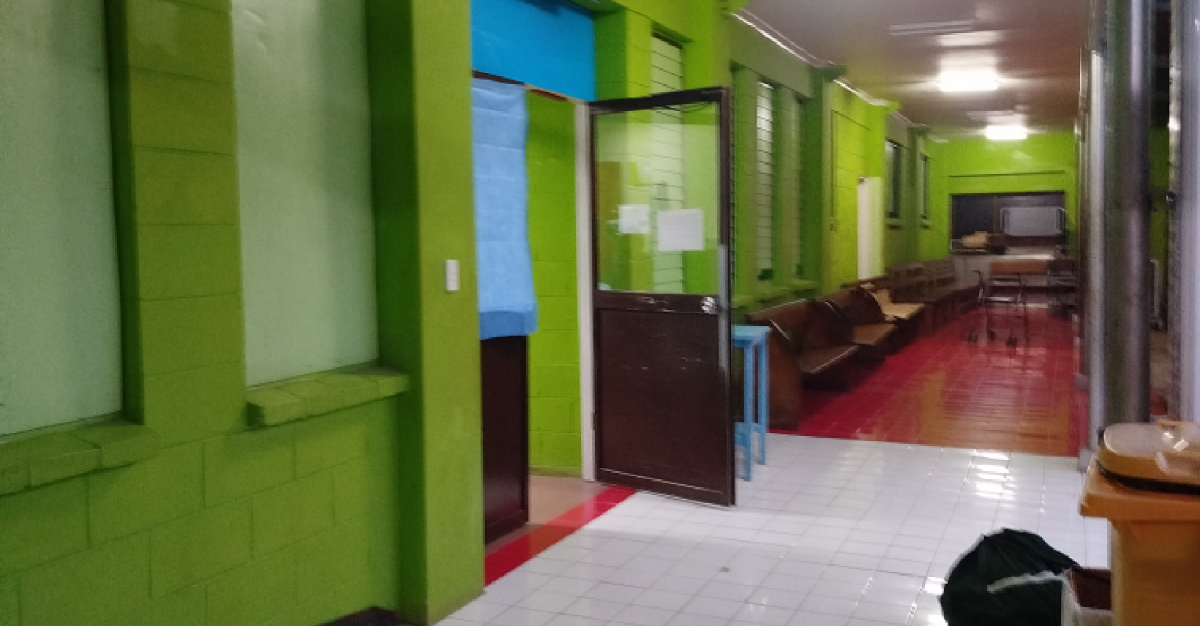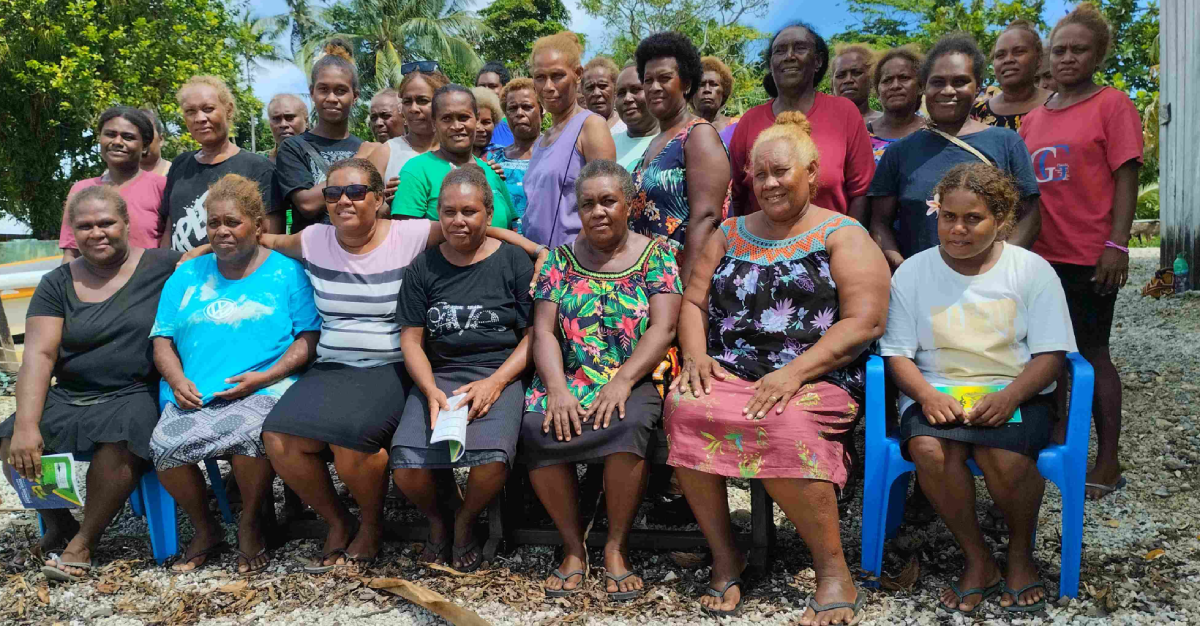The Minister of Agriculture and Livestock (MAL), Frankly Derek Wasi, has underscored the critical importance of sustainable food systems and food production.
He echoed this statement during a side meeting at the 4th Pacific Week of Agriculture and Forestry, held in Nuku’alofa, Tonga.
Themed “A Resilient Pacific Food System – It Is Everyone’s Business”, the side event emphasized the need for inclusive, region-wide collaboration to strengthen food systems in the face of growing challenges.
“Food systems and food production are not the responsibility of a few—they are everyone’s business,” said Minister Wasi. “We all need to eat to survive.”
Minister Wasi highlighted several key initiatives spearheaded by the Government for National Unity and Transformation (GNUT) through MAL. These initiatives are anchored in two overarching policy pillars:
- Making agriculture attractive and inclusive across all levels of society, while enhancing resilience to climate change.
- Establishing agriculture as the economic backbone of the Solomon Islands.
He also referenced the national vision articulated in the five medium-term objectives of the Solomon Islands National Development Strategy (NDS) 2016–2035. These objectives focus on climate change, education, resilience, and the Solomon Islands Food Systems Pathway.
Minister Wasi echoed the vision laid out in the Pacific Community’s (SPC) Strategic Plan, which advocates for food systems that are accessible, regenerative, biodiverse, equitable, and resilient to shocks. He stressed that building resilient food systems across the Pacific requires united action from all sectors of society.
Emphasizing the importance of regional and international collaboration, Minister Wasi urged participants to move beyond discussion and take concrete steps to implement the recommendations from the event.
The side meeting was co-hosted by the Pacific Community (SPC), the Commonwealth Scientific and Industrial Research Organisation (CSIRO), the University of Wollongong, the South Pacific Tourism Organisation (SPTO), and the Pacific Island Farmers Organisation Network (PIFON).
It brought together a diverse array of participants, including women’s groups, researchers, policymakers, and representatives from the private sector, all committed to advancing a resilient and inclusive food future for the Pacific region.




